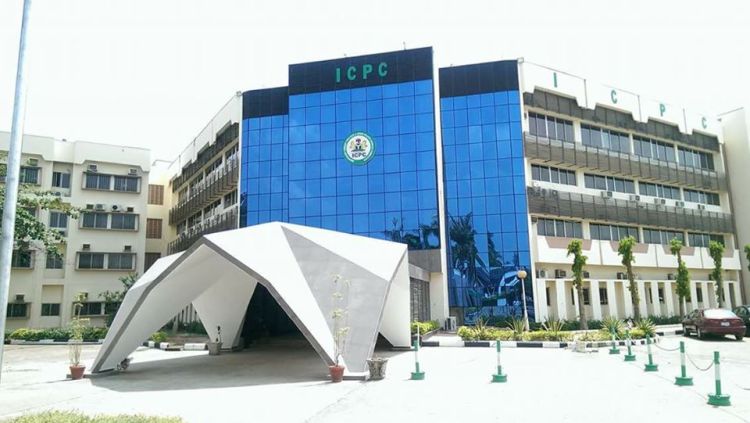The Independent Corrupt Practices and Other Related Offences Commission (ICPC) said it has commenced a comprehensive investigation into allegations of illegal deductions in disbursements under the students loan scheme.
In a statement posted on its X handle on Thursday, the ICPC said the investigation followed reports that some beneficiary institutions conducted illegal deductions and exploited students of funds related to the student loan.

The ICPC noted that the investigation extends to the Nigerian Education Loan Fund (NELFUND), beneficiary institutions and individual students recipients.
“The ICPC confirmed that a clear case of discrepancies has been established in the administration of the student loan scheme and announced that its investigation will now extend to beneficiary institutions and individual student recipients,” it said.

Investigation
The anti-graft agency said preliminary findings revealed a ‘significant gap’ in the financial records of the students’ loan disbursements.
According to the ICPC, NELFUND has received a total of N203.8 billion from the federal government as of 19 March. However, it has only disbursed N44.2 billion (N44,200,933,649.00) to 293,178 student beneficiaries across 299 beneficiary institutions.
Audience Feedback Survey
“The breakdown showed that N10 billion was an allocation from the Federation Allocation Account Committee, N50 billion was from the Economic and Financial Crimes Commission, N71.9 billion was from the Tertiary Education Trust Fund (TETFund), while another N71.9 billion was also from the same TETFund,” the ICPC said.
The commission also said it has requested documents, explanations, letters of invitations and investigation dispatched to key stakeholders, including the Executive Director of NELFUND, Director General of the Budget Office, the Accountant General of the Federation, and senior officials from the Central Bank of Nigeria.
It added that interviews were conducted with concerned individuals and their responses critically analysed.

Background
To benefit from the scheme which kicked off last year, students of public tertiary institutions fill out applications on NELFUND portal.
During the application, the students have the option of opting for a loan that covers school fees alone or a loan that covers both school fees and a N20,000 monthly stipend.
NELFUND verifies the students information including their registration numbers with the Joint Admissions and Matriculation Board (JAMB), the student’s institution and their department before notifying the students of approval or rejection.

After approval, NELFUND would send the school fees directly to the students’ institutions and the optional monthly stipends directly to the students who applied for it.
Last year, some students had already paid their school fees before NELFUND approved their student loans, leading to cases where institutions receive duplicate payments –one directly from the student and another from NELFUND.
However, there were accusations that some institutions made illegal deductions before refunding the students of the duplicate fees.

Earlier this week, the Guardian published a story listing 51 tertiary institutions who allegedly made these deductions. While NELFUND dissociated itself from the report, it did not specifically say that it was false.
Meanwhile, NELFUND and the National Orientation Agency (NOA) had weeks ago accused some undisclosed beneficiary institutions of conniving with banks to sabotage the students loan scheme.
NELFUND said the institutions were withholding information about disbursements from their students who are beneficiary of the scheme while still demanding fees from the students.




